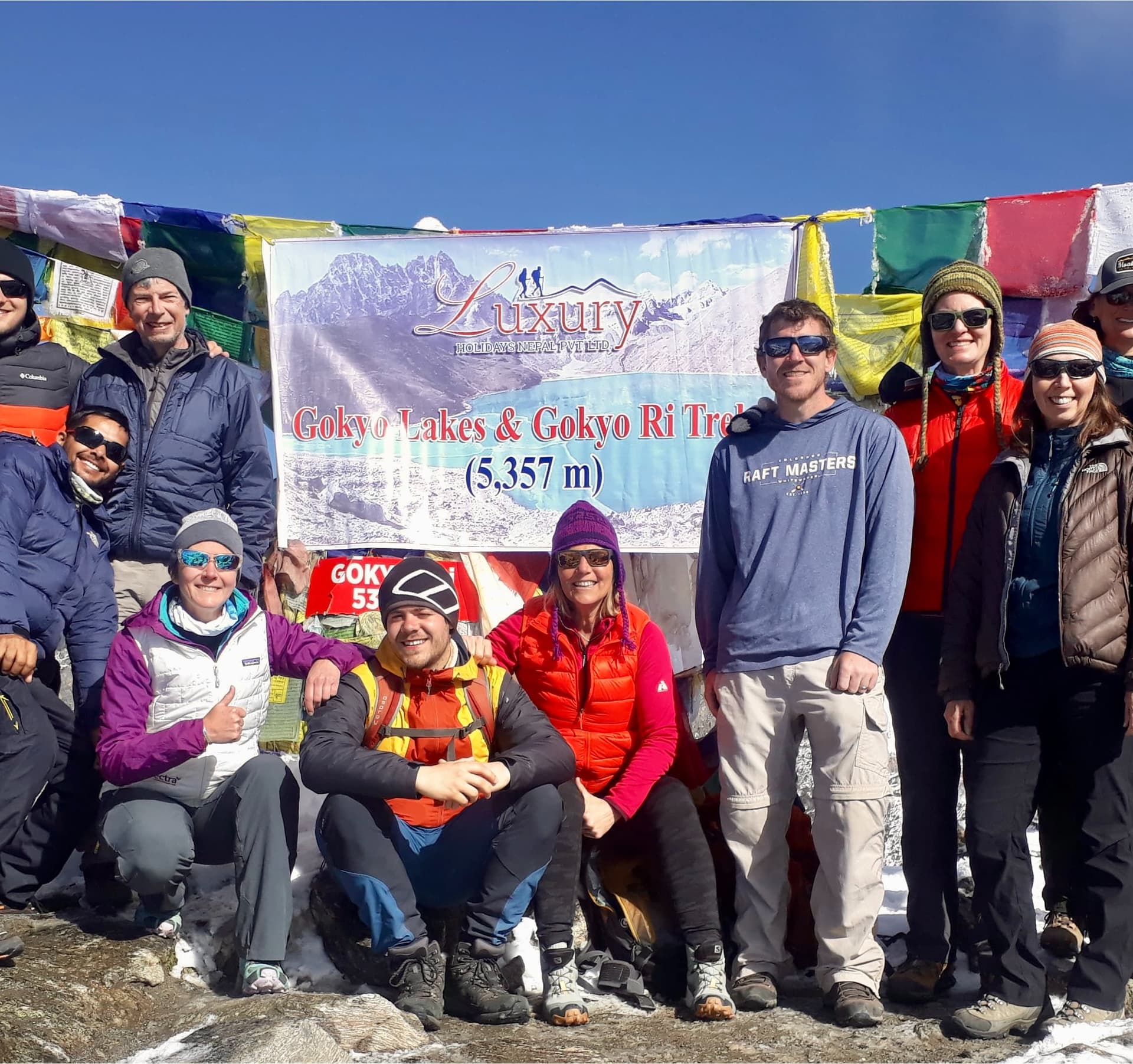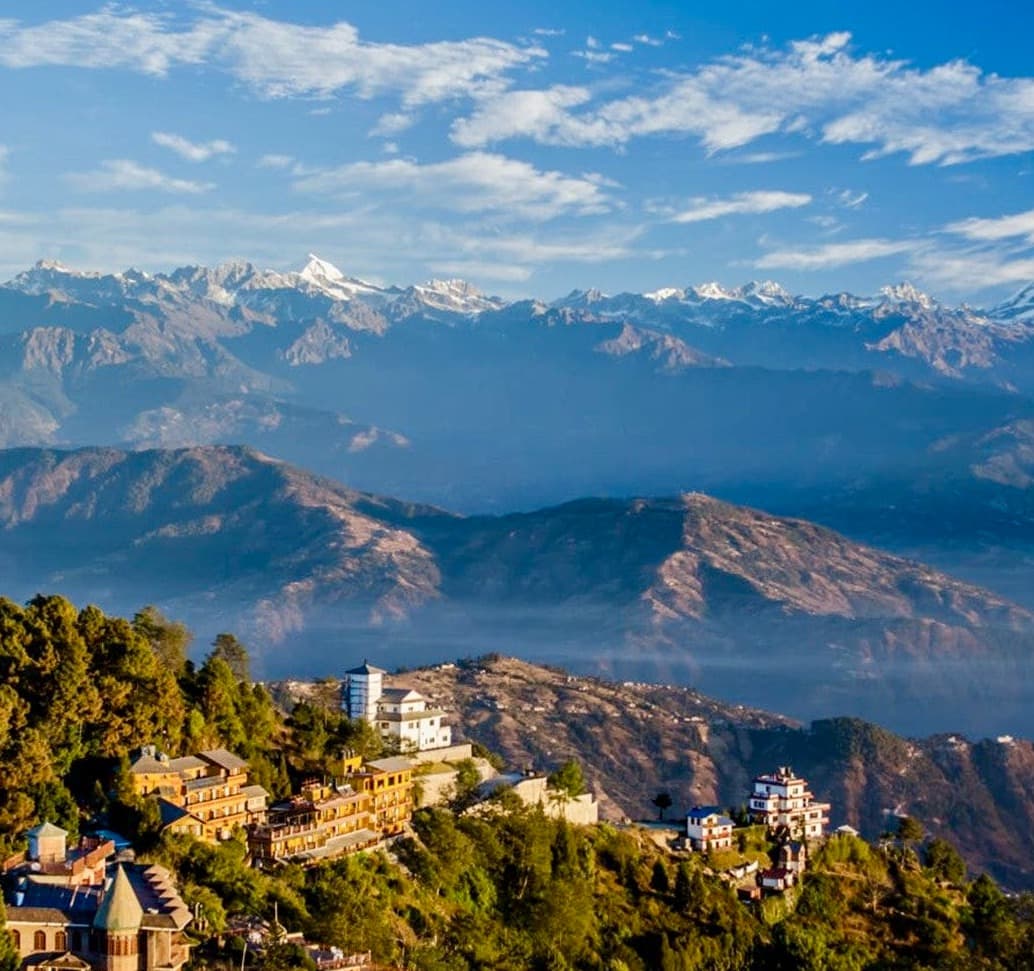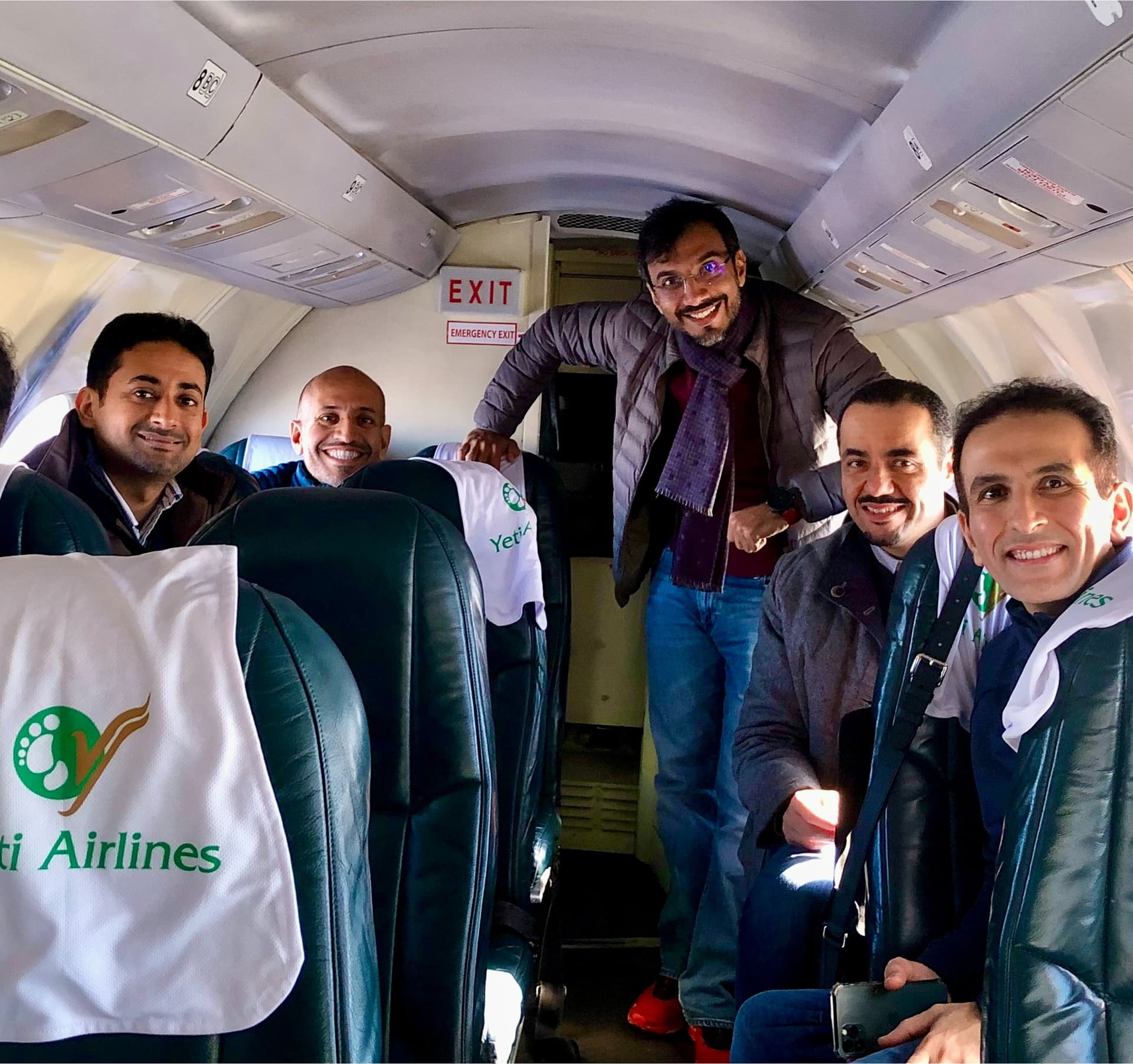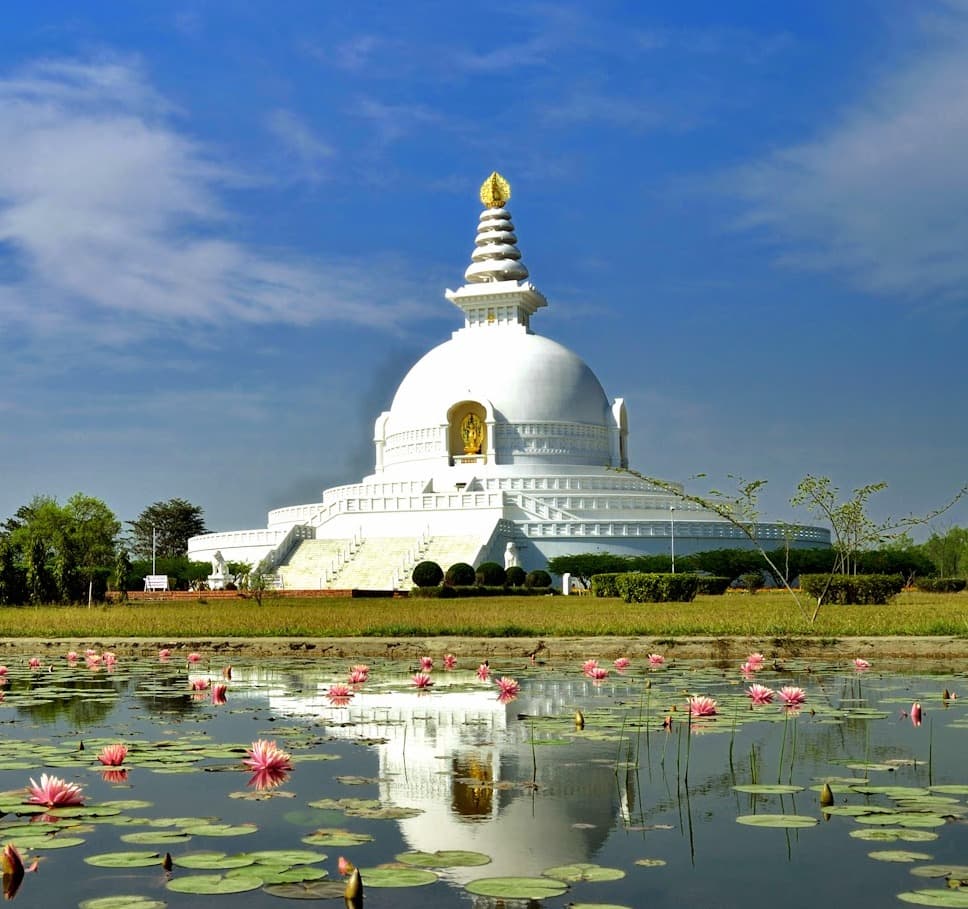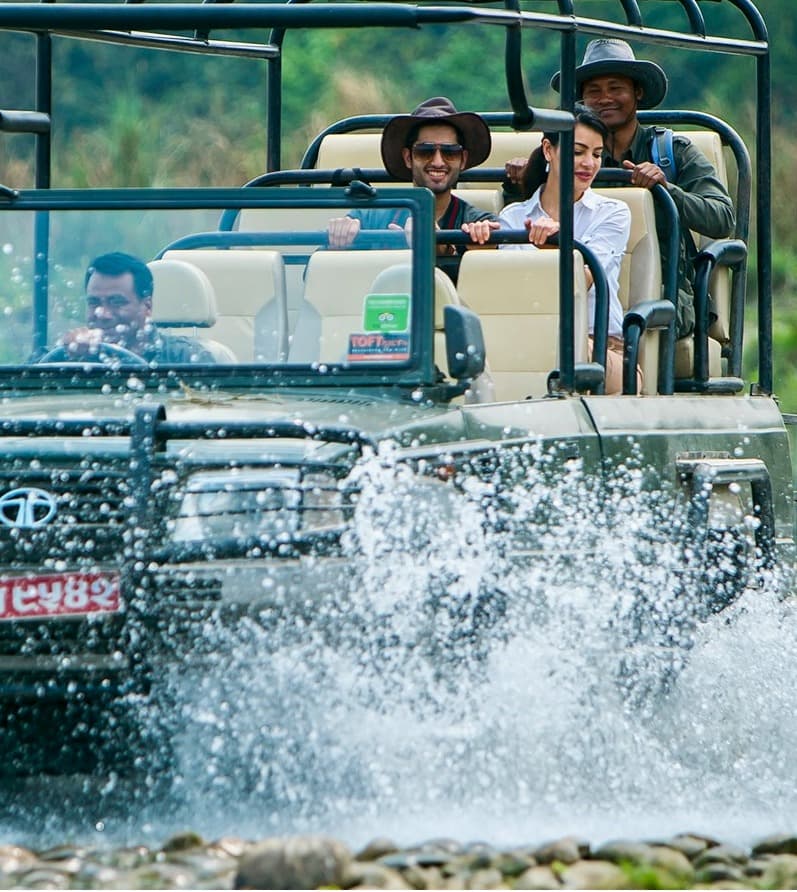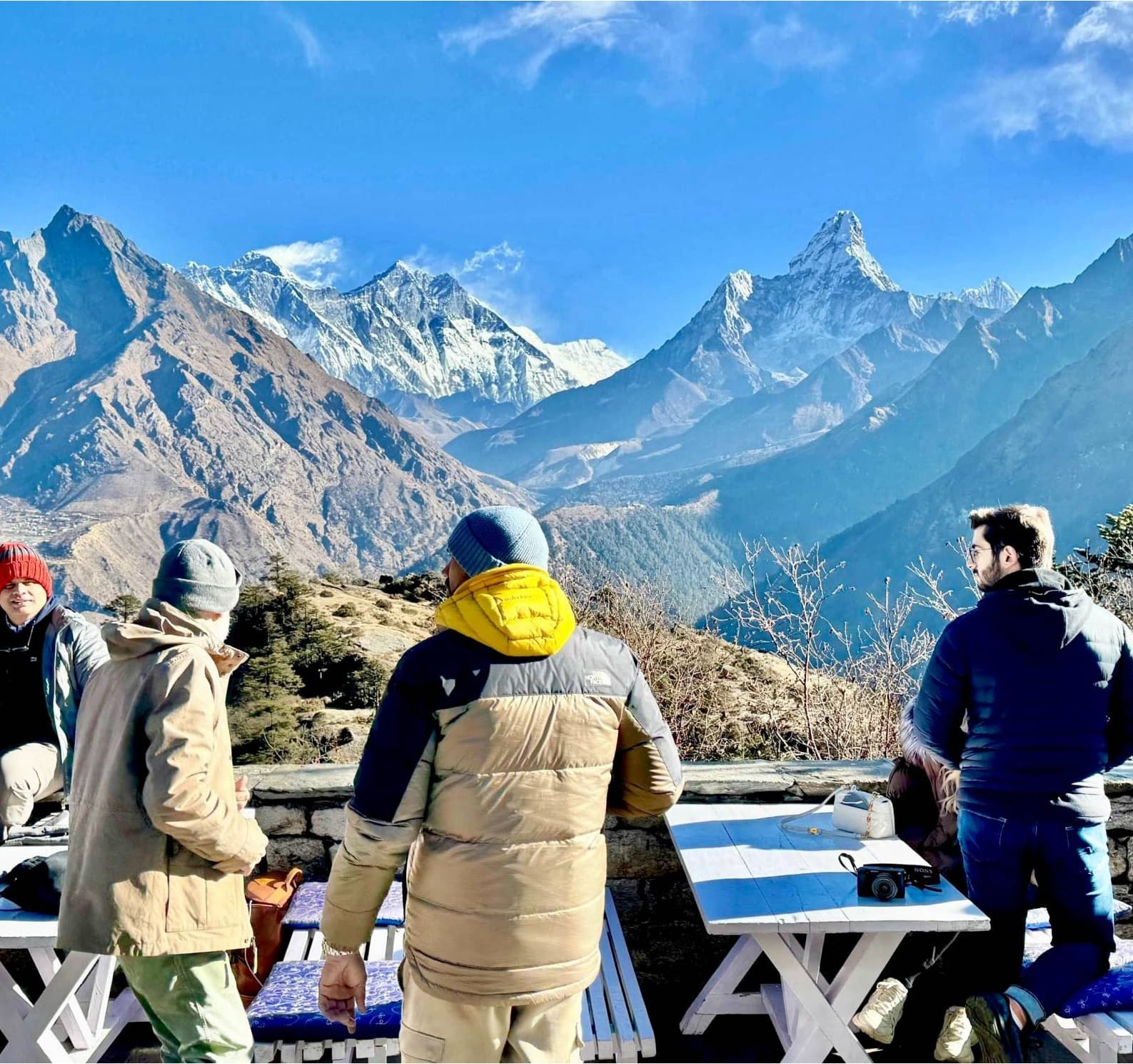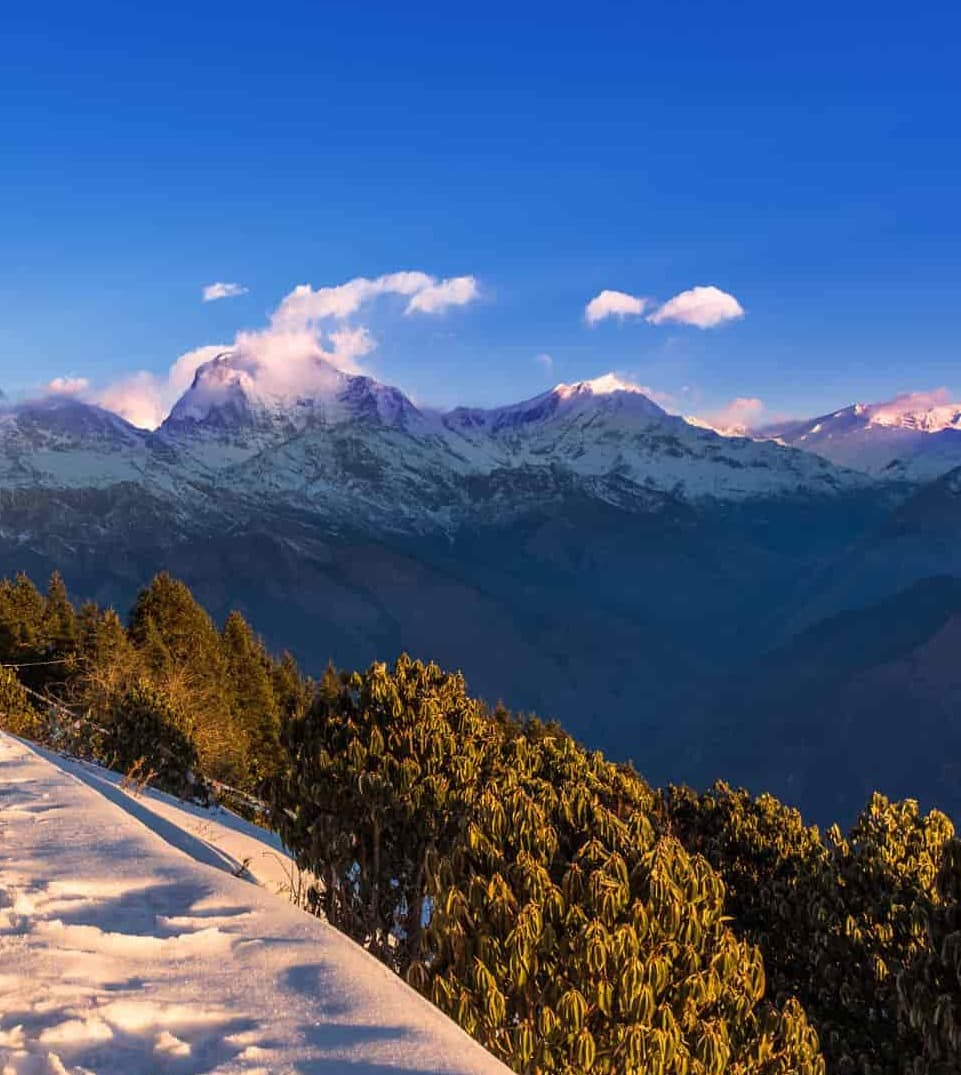Nepal, a land of stunning natural beauty and profound cultural depth, offers a unique setting for educational and research-based travel. From the towering peaks of the Himalayas to the diverse ecosystems of the Terai, and from ancient heritage sites to vibrant ethnic communities, Nepal provides an unparalleled outdoor classroom for academic exploration. Whether you're studying biodiversity, geology, anthropology, religion, or sustainable development, Nepal presents real-world learning environments that are immersive, enriching, and deeply transformative.
Luxury Holidays Nepal specializes in crafting tailor-made educational and research tours and treks that cater to students, researchers, universities, and NGOs. Our programs are designed to align with academic goals while ensuring cultural sensitivity, ethical engagement, and logistical ease. With access to expert guides, local institutions, and field support, we provide meaningful experiences that go beyond tourism—encouraging critical thinking, cross-cultural exchange, and global awareness in one of the world's most inspiring destinations.
Why Choose Educational & Research Travel in Nepal?
- Diverse Learning Environments: Nepal’s varied geography—from lowland plains to the high Himalayas—offers unique ecosystems, cultures, and environments ideal for multidisciplinary research.
- Rich Cultural and Ethnic Diversity: With over 125 ethnic groups and dozens of languages, Nepal is a living laboratory for anthropology, sociology, linguistics, and cultural studies.
- Biodiversity Hotspot: Home to rare species and protected national parks like Chitwan and Sagarmatha, Nepal provides ideal conditions for ecological, environmental, and wildlife research.
- Accessible Himalayan Landscapes: Nepal allows access to high-altitude terrains for geology, glaciology, and climate research with relatively shorter trekking times and diverse routes.
- Spiritual and Religious Significance: As the birthplace of Buddha and a melting pot of Hinduism and Buddhism, Nepal offers exceptional opportunities for religious and philosophical exploration.
- Partnership with Local Communities: Engage in ethical, community-based research and learning through homestays, village immersion, and collaboration with NGOs and local schools.
- Field-Tested Academic Infrastructure: From guided research treks to logistical support, Nepal has an emerging framework for hosting students and scholars with academic intent.
- Cost-Effective Global Classroom: Compared to other destinations, Nepal offers affordability without compromising educational value or experiential depth.
- Safe and Supportive Environment: Nepal is known for its welcoming hospitality and a tourism infrastructure that prioritizes group safety and cultural sensitivity.
Luxury Holidays Nepal’s Academic Tour Practices
- Customized Itineraries: Every tour and trek is tailored to meet the academic focus—be it environmental science, anthropology, religious studies, or sustainable development.
- Academic and Field Coordination: We collaborate with local institutions, community leaders, and NGOs to provide meaningful, research-friendly environments.
- Expert Guides and Facilitators: Our guides include specialists with academic or field knowledge, fluent in English and local dialects, ensuring accurate interpretation and facilitation.
- Ethical Engagement: We ensure respectful interaction with local communities, following cultural protocols and obtaining informed consent when conducting fieldwork.
- Research Permits and Logistics: We manage all necessary government permissions, ethical clearances, and documentation required for academic or research travel.
- On-Ground Support: From porters and translators to safety officers and field coordinators, our team ensures smooth operations in both urban and remote settings.
- Accommodation Standards: Depending on the region, we provide safe, clean, and comfortable lodging options—from eco-lodges and village homestays to research base camps.
- Safety and Emergency Protocols: All programs include medical kits, trained staff, altitude awareness, and evacuation procedures for high-risk regions.
- Pre-Trip Orientation and Post-Trip Evaluation: We assist with briefing sessions before departure and debriefings upon completion to enhance the learning experience.
When to Go & What to Expect
The best seasons for educational and research travel in Nepal are spring (March to May) and autumn (September to November). During these months, the weather is generally clear and stable, offering excellent visibility in the mountains, comfortable temperatures, and accessible field conditions. These periods are ideal for trekking, field research, cultural immersion, and academic exploration across Nepal’s diverse terrains—from the Terai lowlands to high-altitude villages.
Participants can expect well-structured, immersive itineraries that balance academic objectives with cultural engagement and outdoor exploration. Depending on the program, accommodations may range from eco-lodges and village homestays to comfortable hotels and guesthouses. All trips are supported by experienced guides, field coordinators, and logistical staff to ensure a safe and productive learning environment. Be prepared for active days, flexible schedules, and meaningful interaction with local communities, all designed to enhance experiential learning in one of the world’s most fascinating academic landscapes.
Top Educational and Research Tour Themes in Nepal
1. Biodiversity and Conservation Studies: Explore Nepal’s rich flora and fauna through guided visits to national parks like Chitwan, Bardia, and Annapurna Conservation Area. Suitable for biology, zoology, and ecology students.
2. Cultural Anthropology and Ethnographic Research: Immerse in diverse ethnic communities such as the Gurung, Tharu, Sherpa, Tamang, and Newar to study culture, rituals, social systems, and oral histories.
3. Himalayan Geology and Glaciology: Conduct fieldwork in regions like Manaslu, Langtang, and Kali Gandaki Valley, focusing on rock formations, fault lines, and climate change on glaciers.
4. Sustainable Agriculture and Permaculture Projects: Visit model farms and organic cooperatives in Kavre, Nuwakot, or Pokhara Valley to learn about eco-farming, food security, and traditional irrigation systems.
5. Religion, Philosophy, and Spiritual Heritage: Study Buddhism and Hinduism in sacred locations like Lumbini, Pashupatinath, and Tengboche Monastery, exploring religious practices, art, and philosophy.
6. Community Development and Social Work: Engage with NGOs and schools working on issues like women’s empowerment, child education, and rural healthcare in both city and village settings.
7. Climate Change and Environmental Studies: Assess climate vulnerability in high-altitude villages or forest regions and participate in climate resilience workshops with local activists.
8. Youth Leadership and Experiential Learning Treks: Ideal for school groups—combine outdoor adventure with leadership training, teamwork exercises, and cultural exchange in areas like Ghorepani, Dhampus, or Helambu.
FAQs on Educational and Research Tours and Treks in Nepal
Q1: Who can participate in Educational and Research Tours and Treks in Nepal?
A: These tours are designed for students, researchers, universities, colleges, schools, NGOs, and educational institutions. Both academic groups and independent researchers are welcome.
Q2: Can we customize the itinerary based on our research or study objectives?
A: Yes. All itineraries are fully customizable. We work closely with group leaders or academic coordinators to tailor the experience to meet specific learning or research goals.
Q3: Are research permits required? If so, who arranges them?
A: Yes, research-related activities often require permits from relevant authorities such as the Social Welfare Council, NAST, or local municipalities. Luxury Holidays Nepal assists in securing all necessary permits and paperwork.
Q4: Do we need to collaborate with a local institution?
A: It is encouraged, especially for formal research projects. We can facilitate partnerships with local NGOs, schools, government bodies, or universities for collaborative research and learning.
Q5: What type of accommodation is provided?
A: Depending on the location and preference, we offer homestays, eco-lodges, guesthouses, or standard hotels. All accommodations are safe, clean, and suitable for academic groups.
Q6: Are these tours suitable for school-age students?
A: Absolutely. We organize safe, guided educational treks and cultural tours specifically designed for school groups, with a strong focus on experiential learning and safety.
Q7: What languages are the tours conducted in?
A: English is the primary language, but we also provide guides fluent in French, German, Spanish, Chinese, and other languages on request.
Q8: What kind of support staff is available?
A: We provide academic facilitators, experienced field guides, porters (where applicable), translators, and logistical coordinators depending on the tour’s scope.
Q9: How safe are these educational treks and tours?
A: Safety is our top priority. All programs include trained staff, emergency plans, first aid kits, altitude sickness awareness, and 24/7 on-ground support.
Q10: Can students engage in volunteer work or cultural exchange during the trip?
A: Yes. We offer optional volunteering activities and cultural immersion programs such as local farming, teaching, or staying in village communities.
Q11: How long can an educational or research program last?
A: Programs can range from a few days to several weeks, depending on the group's schedule and objectives. Long-term academic research programs can also be arranged.
Q12: Are meals included during the tour?
A: Yes. We provide hygienic and nutritious meals throughout the tour, with options for vegetarian, vegan, and other dietary needs upon request.
Q13: What is the group size for educational and research tours?
A: We can accommodate both small groups (as few as 2–5 participants) and large groups (up to 30+ participants). For larger groups, we provide additional guides and support staff to ensure personalized attention and safety.
Q14: Can Luxury Holidays Nepal provide academic lectures or workshops during the tour?
A: Yes. We can arrange guest lectures, field-based workshops, and discussion sessions with local experts, professors, environmentalists, or cultural scholars upon request.
Q15: Can we include trekking as part of a research tour?
A: Absolutely. Many of our educational programs integrate treks to regions like Langtang, Ghorepani, or Mustang, offering both physical exploration and field learning opportunities.
Q16: What should participants bring for a research tour or trek?
A: We provide a detailed pre-departure checklist, including essentials such as hiking gear, notebooks, data collection tools, appropriate clothing, and personal medication.
Q17: Are internet and communication services available during the trek?
A: While major towns have good connectivity, remote trekking areas may have limited or no internet. However, we provide satellite phones or local SIMs for essential communication when needed.
Q18: Is travel insurance mandatory?
A: Yes, comprehensive travel and medical insurance (including high-altitude trekking coverage) is mandatory for all participants. We can also assist in arranging insurance if required.
Q19: What kind of transportation is used for these programs?
A: We use private, well-maintained vehicles for ground travel and can arrange domestic flights or helicopter transfers for remote regions based on itinerary and budget.
Q20: Can Luxury Holidays Nepal assist in visa arrangements?
A: Yes. We provide guidance for obtaining student or tourist visas and offer documentation support for research-based entry if necessary.
Q21: Do we receive any certification or acknowledgment?
A: Yes. On request, we can provide a Certificate of Participation or a Field Study Completion Letter for institutional use or academic portfolios.
Q22: How early should we book an educational tour?
A: We recommend booking at least 2–3 months in advance to ensure proper planning, permit processing, and coordination with local partners or academic institutions.
Q23: Can these tours be carbon offset or designed as eco-friendly?
A: Yes. We follow sustainable travel practices and can design eco-conscious academic programs, including carbon offset initiatives, local sourcing, and plastic-free travel on request.
Q24: Are gender-sensitive arrangements available (e.g., separate accommodations)?
A: Definitely. We ensure gender-sensitive planning, including separate rooms/tents, female guides (if requested), and culturally appropriate engagement during field visits.
(For Group rates and discounts, please contact us at - Direct Call: +977-9851005129 (Nepal) and +1 916 794 8443 (USA) / Whatsapp: +977-9851005129 )




